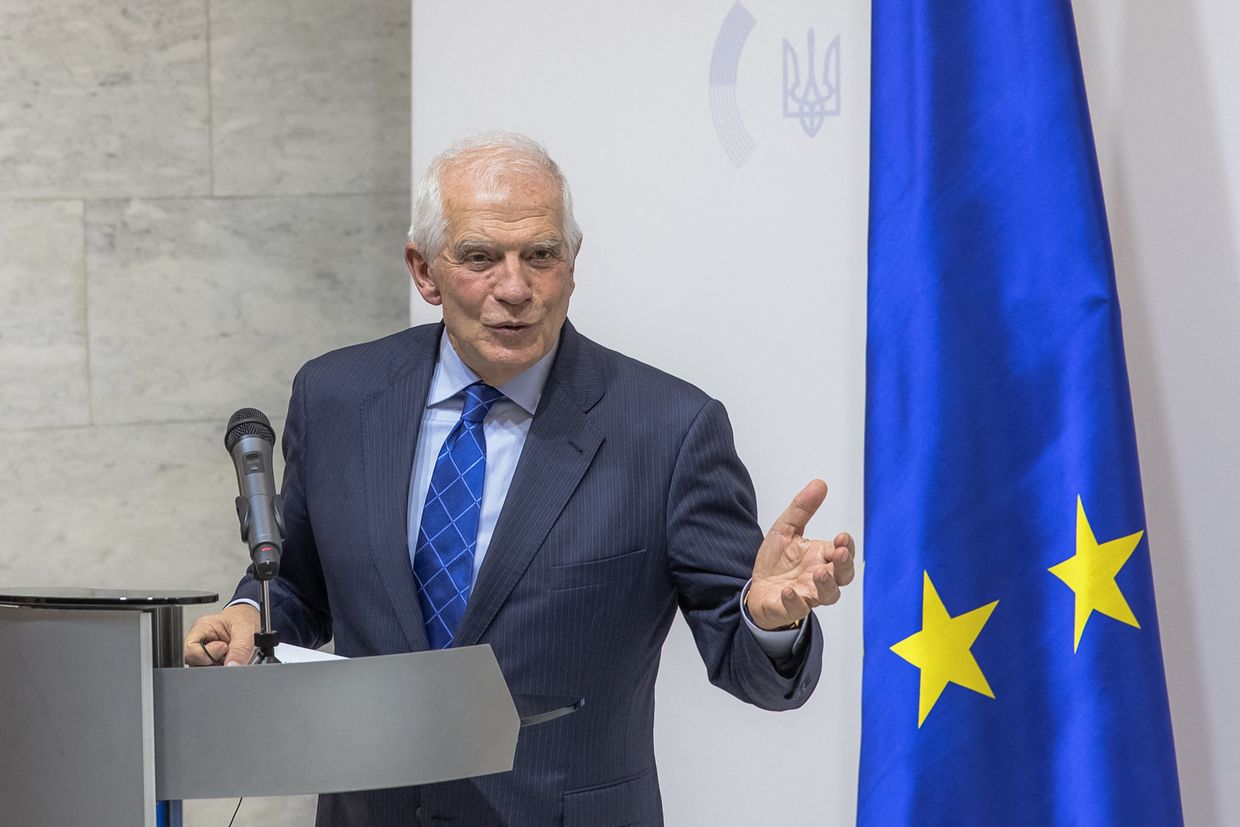US Treasury says threat to sanction 3rd-country banks has impacted Russian funding flows

U.S. President Joe Biden's December 2023 executive order to tighten restrictions on the financial backers of Russia's war has decreased the flow of funds to third-party countries, Deputy Treasury Secretary Wally Adeyemo said in an interview with Reuters published on Feb. 26.
The executive order expanded sanctions authority over any financial institutions "determined to have conducted or facilitated any significant transactions...or provided any services" for already sanctioned individuals or companies involved in Russia's military-industrial complex.
In an op-ed released in December 2023, Adeyemo said that the measures would apply even to unwitting financial partners, putting the onus on financial institutions and exporters in third-party countries to preemptively prevent any potential collaboration with Russia's military-industrial complex.
According to internal Treasury Department data, Adeyemo told Reuters that the flow of Russian money to third-party countries long suspected of assisting Russia's sanctions circumvention has decreased since the order was signed.
"In the data that I can see, I've seen a significant difference in terms of financial flows that have been transactions...potentially being blocked by institutions," Adeyemo said.
"And I've heard about this also from some of the monitors who are in institutions ... that they're taking a more cautious approach with regard to doing any business with Russia, which is exactly what we wanted."
The threat that even unwitting collaboration could result in sanctions or loss of access to the U.S. financial system has caused foreign banks to be more proactive about avoiding doing any business with Russia, Adeyemo said.
"Ultimately for (large foreign banks), even though they may do some business with Russia, it pales in comparison to the amount of business they do with the United States or the business they do in the dollar."
The decrease in funding flows has particularly been observed with countries that have been accused of helping Russia bypass sanctions, such as Turkey, Kazakhstan, and the United Arab Emirates.
The Russian state-controlled media outlet Vedomosti reported earlier in February that China's Chouzhou Commercial Bank was closing its operations in Russia and Belarus due to payment issues likely associated with Biden's executive order.














